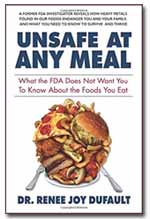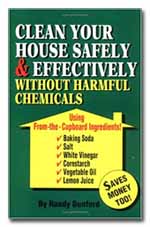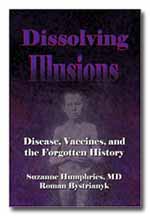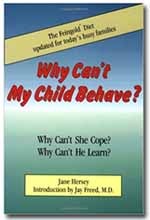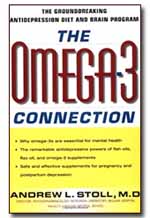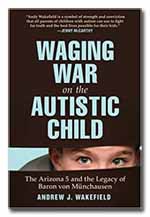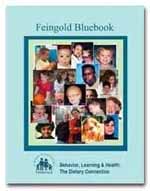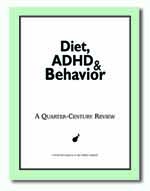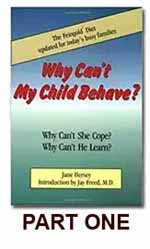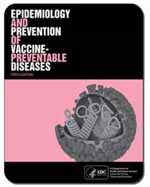More than 16,000 parents in Korea responded to the Korean version of the ADHD rating scale and also to a food questionnaire.
The study found that ADHD symptoms are positively associated with higher consumption of fast food, soft drinks, and instant noodles.
The author discussed the deficits in those foods, which include their probable high content of sugar, salt, and food additives
NOTE: I have recently visited a Korean food market in Atlanta for the first time, and while I was very impressed with the quality of their fresh foods, I was a whole lot less impressed with the vast number of “fun foods” in a variety of bright (artificial) colors. My friend who took me there told me how astonishingly well behaved all the children were in South Korea … but the time she spent there was several years ago and she didn’t recall seeing all those bright artificial colors in stores back then. A study like this hints at a change in behavior, where “ADHD symptoms” may be surfacing.



